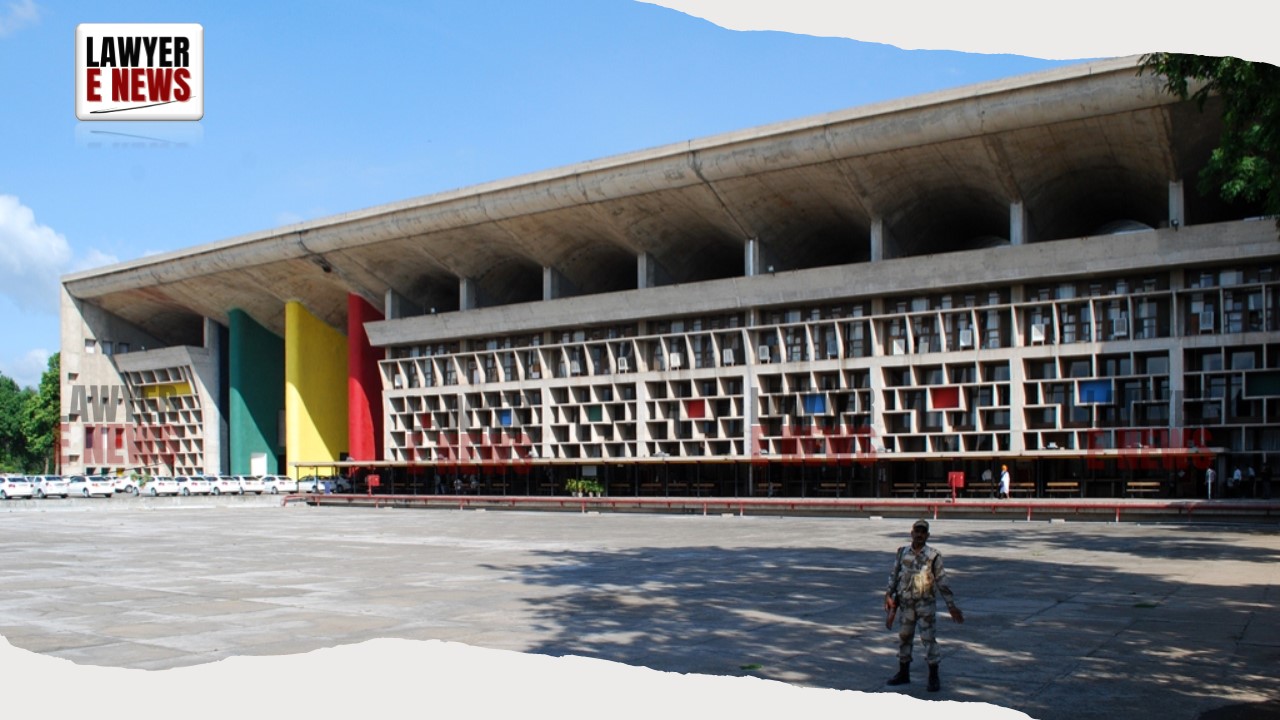-
by Admin
16 February 2026 1:47 PM



Majesty of Law, Not Judges' Dignity, to be Vindicated. Punjab and Haryana High Court, in Punjab and Haryana High Court Bar Association, Chandigarh v. Sanjay Narayan and Another, dismissed a criminal contempt petition. The petition had been filed against respondents for publishing a news article concerning a sub-judice matter and a photograph of a sitting judge, allegedly scandalizing the court. The court held that the petition was not maintainable due to the absence of the Advocate General's prior consent, a statutory requirement under Section 15 of the Contempt of Courts Act, 1971.
The Punjab and Haryana High Court Bar Association filed the criminal contempt petition following a May 24, 2014 article in the Hindustan Times. The article reported on a judicial order granting bail in a high-profile drug racket case, featuring a photograph of the presiding judge. The petitioner claimed the publication scandalized the integrity of the court and its judge. The respondents argued that the news was factual and focused on the judicial process rather than the judge's personal dignity.
In response, the Hindustan Times later published a clarification but the Bar Association pressed charges of contempt, leading to the present proceedings.
The core legal issue revolved around whether publishing a news article on a sub-judice matter and the accompanying image of a judge constituted criminal contempt. Additionally, the court was asked to determine if the petition, filed without Advocate General’s consent, was procedurally valid under Section 15 of the Contempt of Courts Act, 1971.
Requirement of Consent under Section 15: The court noted that a criminal contempt petition filed by a private entity (here, the Bar Association) requires the Advocate General's prior consent, unless the court itself initiates suo motu contempt proceedings. As no such suo motu action was taken, the absence of consent rendered the petition "misconstituted" [Paras 18-19].
Fair Reporting and Freedom of Press: The court underscored that fair media reporting on judicial proceedings is vital to upholding the administration of justice. In doing so, it reaffirmed that “[t]he foundation of the judiciary is the trust and confidence of the people,” which is supported, not undermined, by fair reporting. The judgment clarified that publishing a judge’s photograph or reporting on a judicial order, without attacking the judicial process, does not in itself constitute contempt [Paras 21-23].
Personal Attacks on Judges: The court emphasized that contempt jurisdiction is not meant to safeguard the personal dignity of judges but to protect the majesty of law. "The summary jurisdiction of this Court is required to be exercised not to vindicate the dignity and honour of the individual judge, who is personally attacked or scandalised, but to uphold the majesty of the law and of the administration of justice” [Para 24].
The bench comprising Justice Sureshwar Thakur and Justice Sudeepthi Sharma held that the petition was procedurally defective for lack of the required consent from the Advocate General. Additionally, the court did not see grounds for suo motu contempt action, finding that the news article—while critical of a judicial decision—did not interfere with the administration of justice.
Referring to precedents, including Prashant Bhushan (2021), Bal Thackeray (2005), and State of Kerala vs. M.S. Mani (2001), the court reiterated that media critiques of judicial decisions do not constitute contempt unless they obstruct justice or discredit the legal process.
“Fair reportings of court verdicts are an inseparable part of the administration of justice. They foster freedom of the press... [which] are angels on guard vis-à-vis brazen and arbitrary state action” [Para 23].
Finally, the court discharged the rule and closed the contempt proceedings, affirming the importance of press freedom and the need for consent under Section 15 of the Contempt of Courts Act.
In this landmark decision, the Punjab and Haryana High Court highlighted the delicate balance between media freedom and judicial dignity, ruling that criticism of a judicial order, absent malice or obstruction of justice, does not amount to contempt. Importantly, the judgment reinforced the procedural safeguards required for contempt proceedings, ensuring that petitions are only maintainable when filed with proper authorization.
Date of Decision: 20/09/2024
